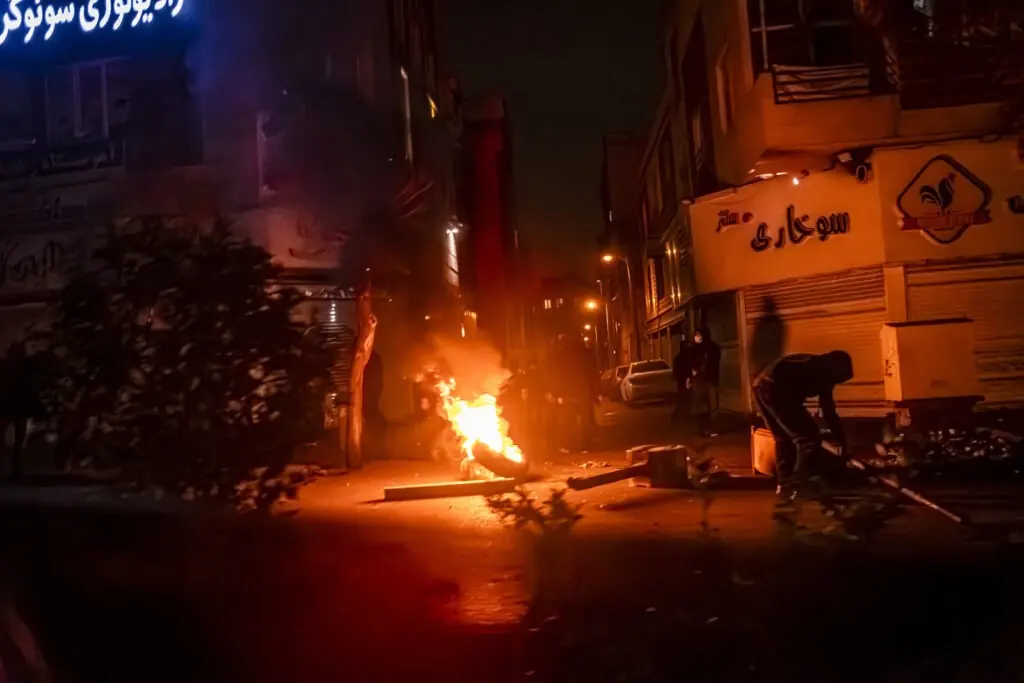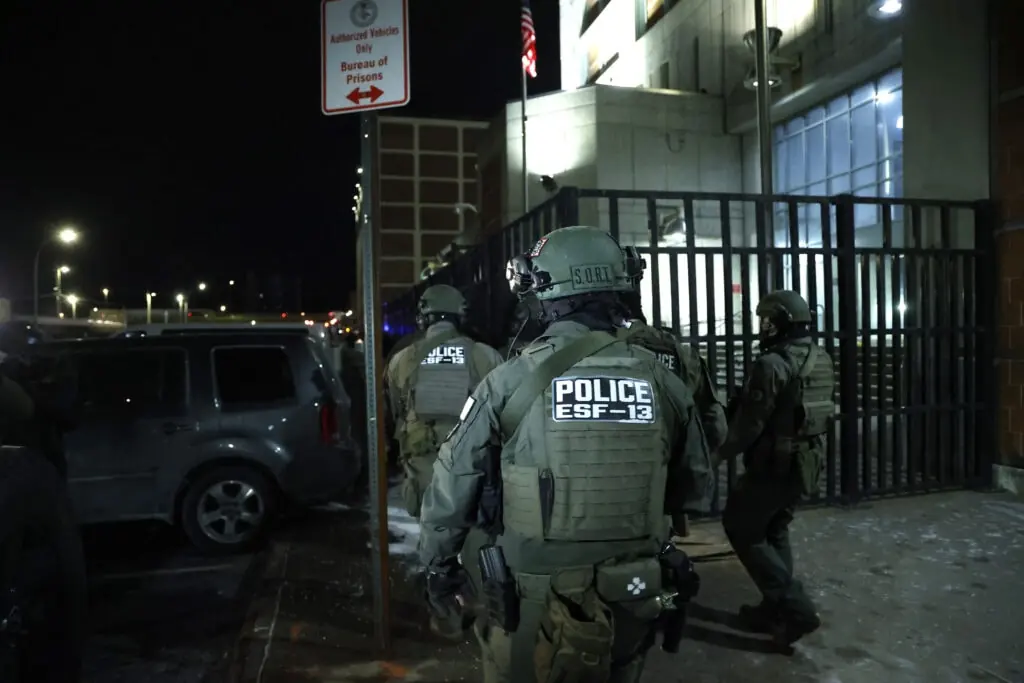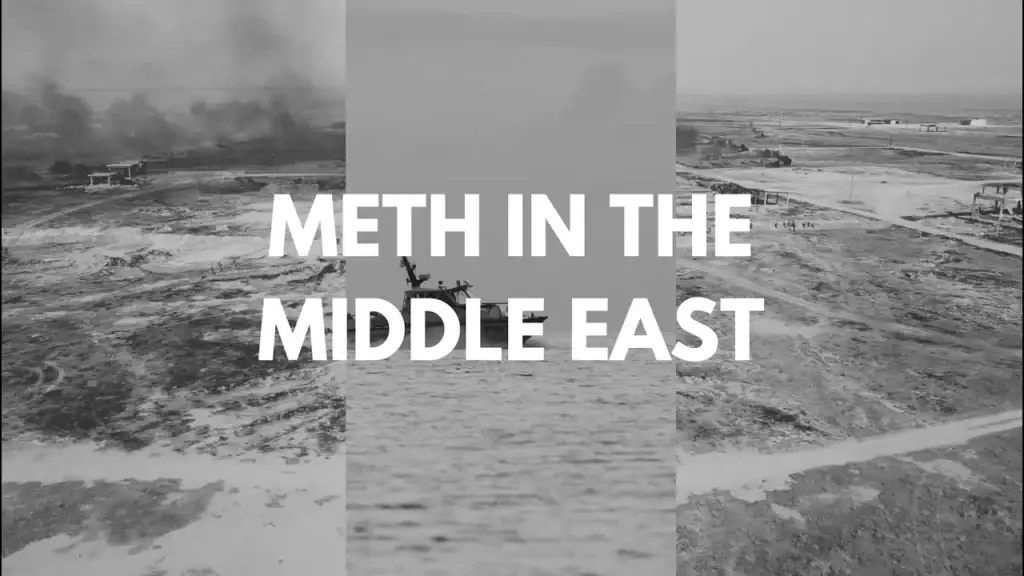
Pakistan Cracks Down on Illicit Economy Amid Economic Crisis
Pakistan’s illicit economy, a subset of its broader informal economy, has posed a major economic and security challenge for the country over the last few decades. The fall of Kabul in August 2021, however, marked an inflection point: The economic shock in Afghanistan from the exit of international forces, coupled with growing macroeconomic and political instability, led to a dramatic surge in the scale of Pakistan’s illicit economy. This paper provides insights about the nature, scale, and impact of the illicit economy in Pakistan, highlighting that:
- The illicit economy in Pakistan relies on collusion among Pakistan’s law enforcement institutions, political elites, and criminal and militant networks operating in the border regions of Afghanistan, Pakistan, and Iran.
- Demand for foreign currency in Afghanistan in the aftermath of the fall of Kabul in August 2021 significantly bolstered the scale and nature of the illicit foreign exchange market in Pakistan, which in part caused a major divergence in the price of the U.S. dollar in the formal banking and illicit currency exchange markets.
- The economic fallout from the growth of the illicit economy has forced policymakers, led by the chief of Pakistan’s military, to launch a crackdown against smuggling, particularly the illicit trade of currency.
- This policy shift has been accompanied by the repatriation of over 450,000 Afghans who had been residing in Pakistan without documentation, with the Pakistani government arguing that these measures are necessary to improve the economy.
- The government has also taken action against individuals involved in the broader illicit economy, including military officers and personnel. In recent weeks, at least 90 government officials and 29 politicians have been found to be involved in the smuggling of Iranian petrol.
- The evolving policy in Pakistan offers an opening to U.S. policymakers to engage with Pakistani authorities and explore ways in which U.S. support can help the country positively deal with this challenge.
- Given the involvement of criminal and militant networks in this economy, it is vital for the U.S. to both monitor the scale and evolution of this economy and partner with Pakistan to achieve shared objectives that help reduce the ability of non-state and sanctioned actors to finance their operations through the illicit trade of goods and money between Pakistan, Iran, and Afghanistan.
The views expressed in this article are those of the author and not an official policy or position of New Lines Institute.
Footnotes




